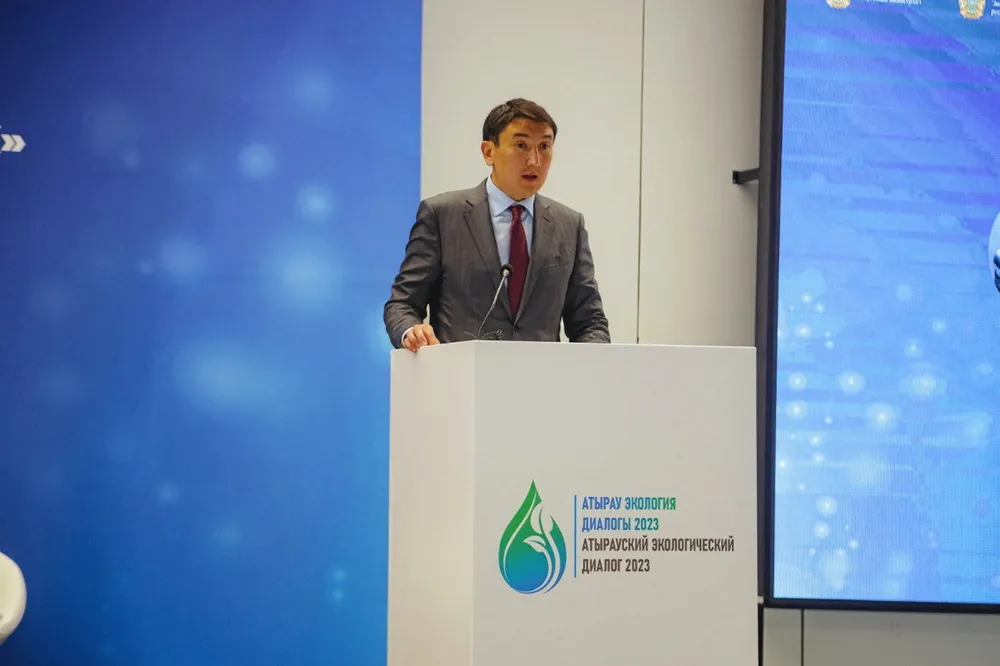Kazakh state oil company warns of difficult months ahead
KazMunayGaz reports declining revenues and net profit for the first half of 2023 and flags up possible further drop for remainder of year

KazMunayGaz reports declining revenues and net profit for the first half of 2023 and flags up possible further drop for remainder of year
